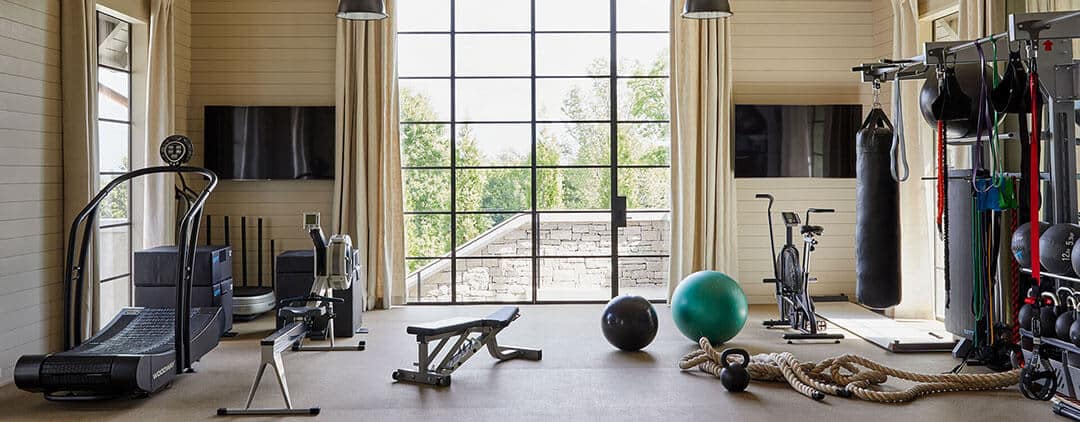How much weight should be used for dumbbell bench press? In the dynamic world of strength training, the dumbbell bench press stands out as a versatile exercise for developing upper body strength and muscle mass. However, a common challenge faced by many is determining the right amount of weight to use. This article delves into the factors that should influence your decision, providing a roadmap to choosing the most suitable weight for your dumbbell bench press workouts.
Assessing Your Fitness Level
Before lifting any weight, it’s essential to evaluate your current fitness level. If you’re a beginner, starting with light weights (or even just the dumbbell bars) allows you to focus on mastering proper form and technique. As you gain strength and confidence, you can gradually increase the weight. Experienced lifters might already have a baseline understanding of their capabilities but should still assess their current strength levels to ensure they’re challenging themselves appropriately.
Aligning with Your Goals
Your fitness goals play a pivotal role in dictating the weight you should use for dumbbell bench press. Those aiming to build strength might benefit from lifting heavier weights for fewer repetitions (typically 1-5 reps), whereas individuals focused on muscle hypertrophy should opt for moderate weights (around 6-12 reps). For endurance-focused athletes, lighter weights performed for higher repetitions (15 or more) are more suitable.
Emphasizing Form and Technique
Regardless of your weight choice, maintaining proper form is non-negotiable. Incorrect form not only diminishes the effectiveness of the exercise but also increases the risk of injury. Beginners should prioritize learning and perfecting the movement patterns before worrying about lifting heavy. Advanced lifters can use video analysis or seek feedback from a trainer to ensure their form remains impeccable as they progress.
Strategies for Progression
To continually make gains, you must challenge your body through progressive overload. This involves systematically increasing the weight lifted over time. However, progression should be gradual to allow for adaptation and prevent overtraining. Incorporating techniques like periodization, where you cycle through different phases of training intensity, can help manage this process effectively.
In summary, selecting the right weight for your dumbbell bench press involves a thoughtful consideration of your fitness level, goals, form, and strategies for progression. By taking these factors into account, you can tailor your workouts to achieve optimal results while safeguarding against potential injuries. Remember, patience and consistency are key in building strength and muscle; always prioritize quality over quantity in your lifts.

